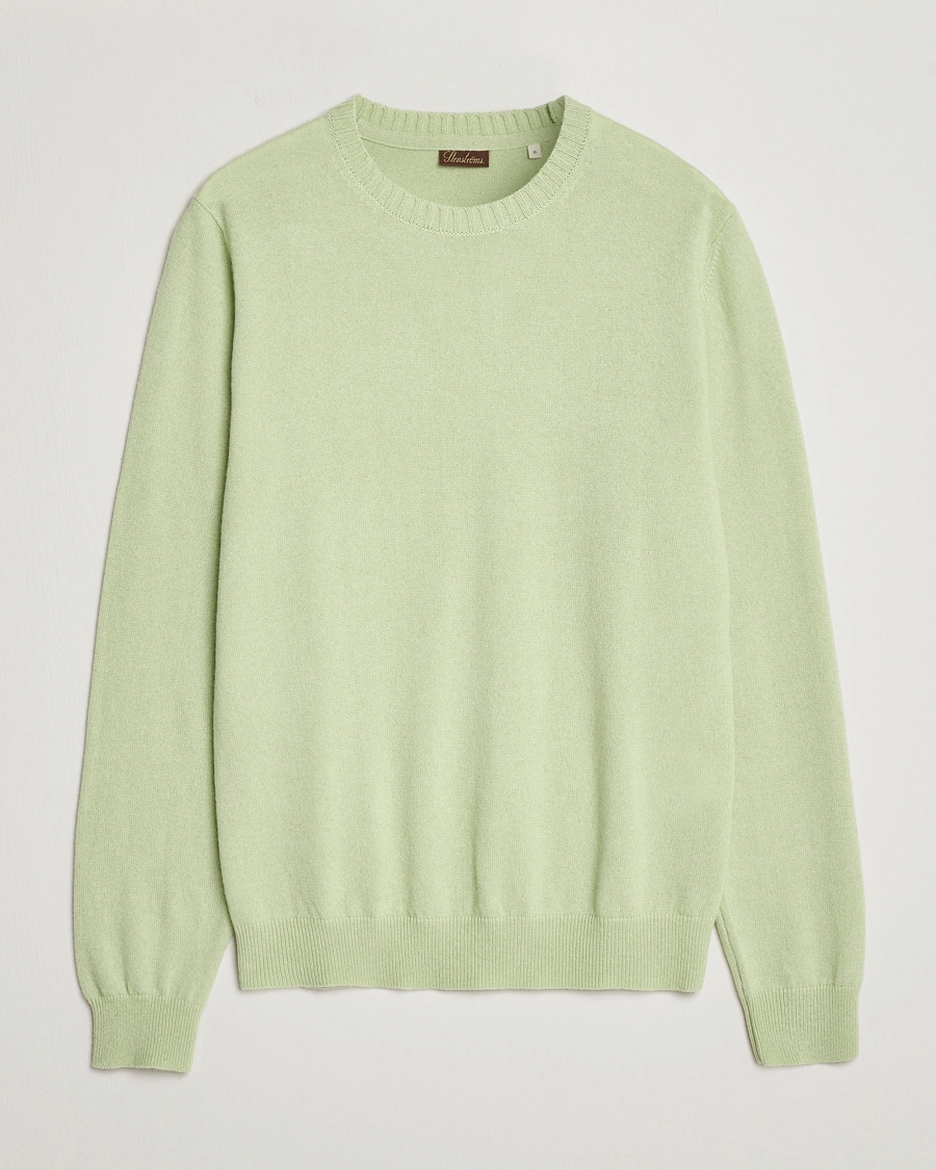Sustainable Materials

Organic Cotton
Primary MaterialOur organic cotton is grown without harmful pesticides or synthetic fertilizers, supporting healthier soil and cleaner waterways. We partner with certified organic farmers who use sustainable farming practices to minimize environmental impact while producing high-quality cotton.
- Pesticide-free cultivation
- Water-efficient farming
- Fair trade certified

Recycled Materials
InnovationWe incorporate recycled polyester made from post-consumer plastic bottles into our fabric blends. This reduces landfill waste while creating durable, high-performance materials that maintain their quality through countless wears and washes.
- Post-consumer plastics
- Reduced carbon footprint
- Durable performance

Eco-Friendly Dyes
Natural ProcessOur dyeing process uses low-impact, non-toxic dyes and innovative water recycling systems. We've implemented closed-loop water systems that minimize waste and protect local watersheds while achieving vibrant, long-lasting colors.
- Non-toxic formulations
- Water conservation
- Color durability
Sustainable Production
Renewable Energy
Our Ottawa facility is powered by 100% renewable energy, combining solar panels and wind power. We've reduced our carbon emissions by 75% since 2020 through these initiatives.
Zero Waste Initiative
We've implemented comprehensive recycling and upcycling programs, achieving a 95% waste reduction. Fabric scraps are repurposed into accessories or recycled into new materials.
Eco Packaging
All our packaging is made from recycled and biodegradable materials. We use minimal packaging designed for reuse or composting.
Local Production
By manufacturing in Ottawa, we minimize transportation emissions and support the local economy. Our proximity to customers reduces delivery distances and carbon footprint.

Environmental Impact
Water Conservation
Our innovative water recycling systems and low-impact dyeing processes have significantly reduced water consumption in our production:
- Water Recycled 95%
- Annual Water Savings 1.2M Liters
- Efficiency Improvement +60%
Carbon Footprint
Through renewable energy adoption and efficient production processes, we've significantly reduced our carbon emissions:
- Emission Reduction 75%
- Solar Energy Usage 60%
- Wind Power Usage 40%
Join Our Sustainability Journey
Want to learn more about our sustainability initiatives or collaborate on environmental projects? Get in touch with our sustainability team.

